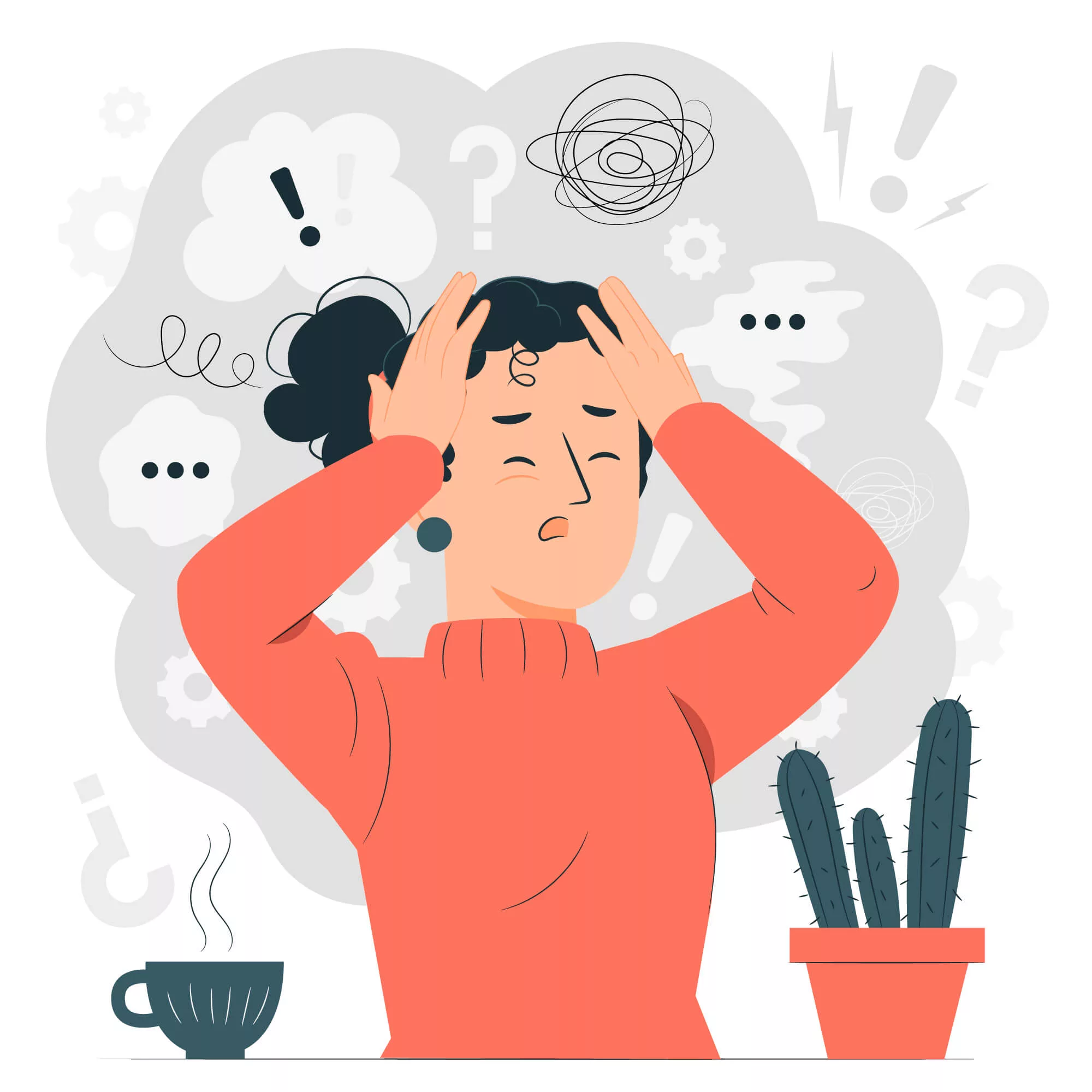Psychosis is another form of mental illness that affects one’s perception of reality and causes delusions. Although psychosis is rather common, the associated social stigma often prevents people from opening out about their experiences.
However, the good news is that you can fully recover from a psychotic break and learn methods and strategies for navigating life after psychosis and preventing future occurrences.So in this article, we’ll be discussing everything you need to know about psychosis.
What is Psychosis?

Health experts suggested that psychosis may modify anyone’s thoughts, perceptions, and behaviour. A person with psychosis may begin to have unusual or strange ideas, or they may have hallucinations where they hear or see things that aren’t there. Also, a person with psychosis may have problems managing their emotions.
A psychotic breakdown is a mental health condition that can be caused by other disorders like:
● Schizophrenia
● Bipolar disorder
● Dementia
● Post Traumatic Stress Disorder (PTSD)
In addition to these disorders, there are other causes of psychosis, and they include:
● Experiencing a stressful or traumatic event
● Traumatic brain injuries
● Substance abuse
● Extremely high levels of anxiety or stress
● Major depression and other related factors
It’s important to know that anyone can have psychosis, but it’s treatable, and most people make a full recovery.
Signs of A Psychotic Break

The specific effects of psychosis may be unique to every individual. However, there are some common signs of psychosis that everyone may experience, and they include:
● Paranoia,
● Confusion
● Fear and anxiety disorders
● Mental distress
● Sudden changes in feelings and behaviour
● Decreased motivation
● Reduced concentration
● Depressed mood
● Sleep disturbance or insomnia
● Nervous breakdown
● Odd beliefs or magical thinking, and
● Suicide ideation
A mental health professional should be consulted right once if any of these symptoms are present or if a psychotic episode is occurring. And remember that it’s best to start treating psychosis early to increase your chances of recovery.
How to Recover From A Psychotic Break

To treat psychosis, interrelated treatments are combined to address the psychotic break. Below are various forms of treatment that work together to aid recovery at different phases of psychosis:
Cognitive Behavioral Therapy (CBT)
Cognitive behavioral therapy aims to improve psychotic patients’ quality of life. With CBT, you’ll learn to understand what’s happening to you, how to make sense of your experiences, and how to address the situation.
Medication
There are several medications developed specifically to treat psychosis. When it comes to psychosis medication, you should not administer any drugs on your own. Instead, let mental health professionals administer the medications and ensure that you even them.
Psychotherapy
Psychotherapy is a form of counseling that can help a patient identify the problems and handle the situations or triggers that cause the mental health disorder, which may lead to Infertility or Stress. Research shows that intense psychotherapy is effective at treating psychosis.
Develop a check-in list
Besides the methods mentioned above, there are a few other things you could do, like developing a check-in list to develop stability and manage psychosis before medical help arrives.
The check-in list consists of things to check yourself on, like exercise, sleep & energy, anxiety, paranoia, stress level, fun activities, work, and relationships.
Peer support
Peer support is an invaluable tool in dealing with psychosis. Your fellow peers who have had experience with psychosis can share experiences and strategies they used to get better. You can also get much-needed support from online therapy services like BetterHelp, which is ranked among the best by Midss.
Sleep
Sleeping won’t rid you of psychosis, but it can significantly help with stress reduction and coping with the situation. One major problem people with psychosis face is stress, which lowers productivity and can reduce the overall quality of life.
How Can You Prevent Psychosis?

As the saying goes, “prevention is better than cure”, and it’s the same with psychosis. Instead of having to treat psychosis in the future, you can employ some strategies to help prevent the psychotic break.
Regular check-ups
You may do a self-diagnosis or decide to meet a medical health professional for a regular check-up to test for psychosis. Regular check-ups can prevent psychosis and detect it early, improving recovery odds.
Joining support programs
Joining a support group can help you learn from others, gain insight, and meet like-minded individuals, even if you don’t have psychosis.
Besides helping to treat psychosis, there are many benefits of support groups. They help to prevent mental health crises by keeping you aware and teaching you ways to identify and manage situations that arise.
Protecting yourself
You should learn to protect yourself from things that can cause psychosis, like physical head injuries or stressful/depressing environments. For this purpose, you may take extra protection methods like wearing helmets where necessary or avoiding people or events that can trigger psychosis.
Avoiding certain habits
Research has connected substance misuse, especially at a young age, to psychosis. More specifically, users of substances like alcohol have a higher chance of having a psychotic breakdown.
Conclusion
Psychosis can be tough to handle, especially on your own. At first, the confusion or fear may prevent you from sharing your experience and properly dealing with psychotic breaks, which only worsens the problems.
So, if you notice any psychotic symptoms or experience psychotic breaks, you should immediately report it as a mental health emergency so a doctor or medical professional can begin treatment.

